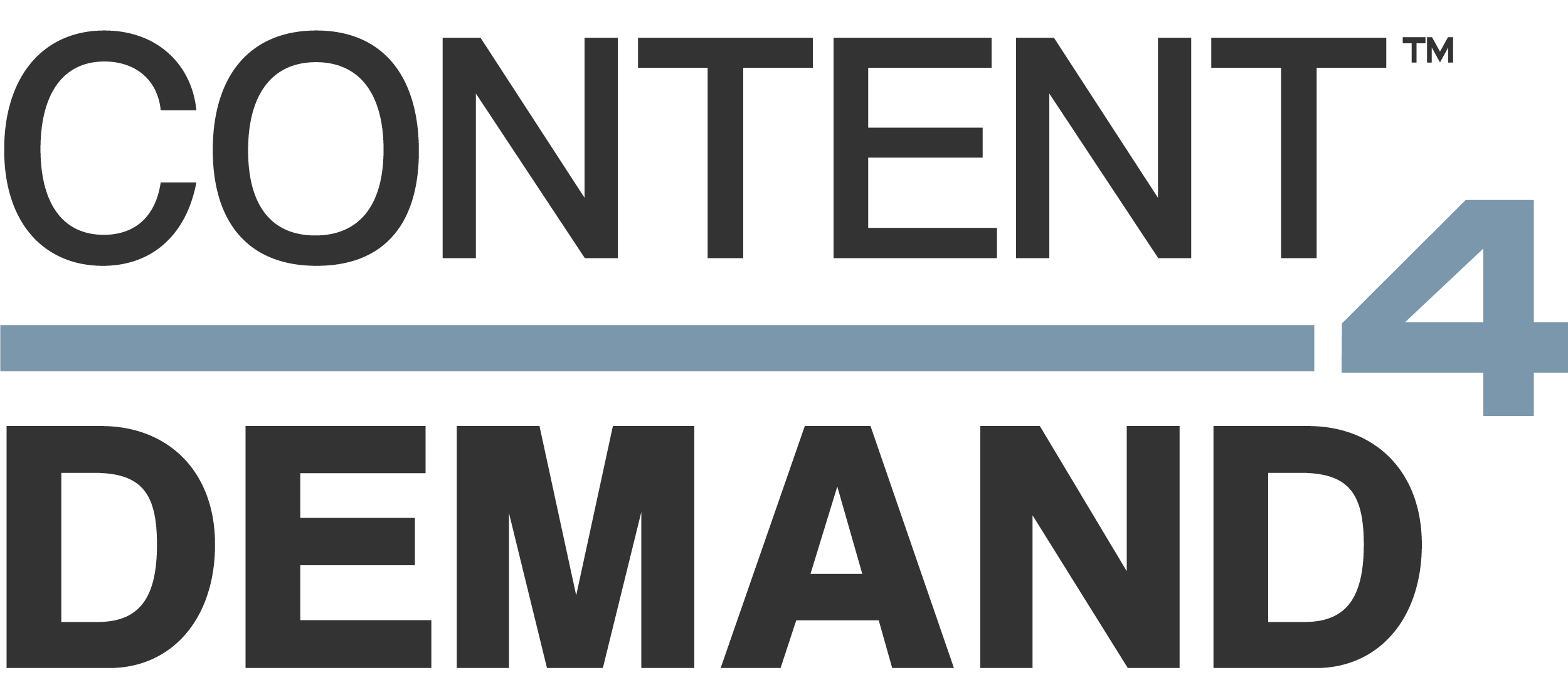 According to Demand Gen Report’s (DGR) 2015 Content Preferences Survey, many marketers are missing the mark when it comes to engaging buyers. When asked what they would recommend to improve the quality of the content created/provided by B2B vendors, nearly three quarters (73%) of B2B buyers “strongly agreed” with the use of more research to support content.
According to Demand Gen Report’s (DGR) 2015 Content Preferences Survey, many marketers are missing the mark when it comes to engaging buyers. When asked what they would recommend to improve the quality of the content created/provided by B2B vendors, nearly three quarters (73%) of B2B buyers “strongly agreed” with the use of more research to support content.
Third-party research can be a great source to support content, but the questions tend to be pretty general, as does the pool of respondents. The results are good for validating large-scale trends, but not so good at endorsing multiple aspects of a unique value proposition through solutions-focused and educational content. What you need is a survey targeted at the intended content recipients—buyers and prospects—that extracts unique insights that can be used to guide content development.
 For example, Decision Tree Labs (DTL), a division of G3 Communications, conducts unique research for Autotask, a business-management platform for IT services providers. Not only do the survey findings published in the annual report Metrics That Matter provide the company with deep insight into their market, but results are used all year to support thought leadership, nurture content, and sales enablement.
For example, Decision Tree Labs (DTL), a division of G3 Communications, conducts unique research for Autotask, a business-management platform for IT services providers. Not only do the survey findings published in the annual report Metrics That Matter provide the company with deep insight into their market, but results are used all year to support thought leadership, nurture content, and sales enablement.
Here are 5 ways any content marketing team (and their companies or clients) could benefit from using unique and targeted research:
Emerge as a Thought Leader: The wealth of customized data that was acquired for Autotask through one survey helped validate their message and gave their brand credibility. Also, by conducting research every year, marketers can pick up new changes in the marketplace before anyone else. Talk about thought leadership!
Feed the Demand Funnel: Turn research findings into impactful webinars, E-books, infographics and other content that supports sales enablement, thought leadership, marketing and demand generation campaigns.
Speak Social: Seventy percent of buyers surveyed in DGR’s 2015 Content Preferences Survey said they get more of their content through social media and peer recommendations. Unique research will provide you with a ton of informative nuggets (think of all the Tweets!) to help you capitalize on your social media endeavors.
Guide Your Content: Survey questions can be tailored to feed nurture topics. For example, if the overarching value proposition of a product or service is that it increases productivity, then it makes sense to ask a lot of questions about productivity as a growth driver, strategic goal, top- and bottom-line benefit, year-to-year change, etc. This provides fodder for ideation as well as for validation.
Benchmarks and Insights: Surveys can help provide insight on content-related behavior that could impact content format choice. Is everyone skipping the question with 6 choices? It’s probably too long. Does the data paint a picture of respondents being overburdened? Plan for short formats in the nurture. Is there a trend or regulatory issue that’s perplexing everyone? It’s probably a great topic for longer content—a whitepaper, guide or webinar.
Has your business ever commissioned unique research? If so, what are some of the ways your brand maximized the valuable insight? We want to hear from you, so tweet us using #C4DUR.
Also, if you’re interested in learning more about how DTL can help your business gather feedback from specialized markets to make intelligent business decisions and support business cases, here’s where to find out more.



